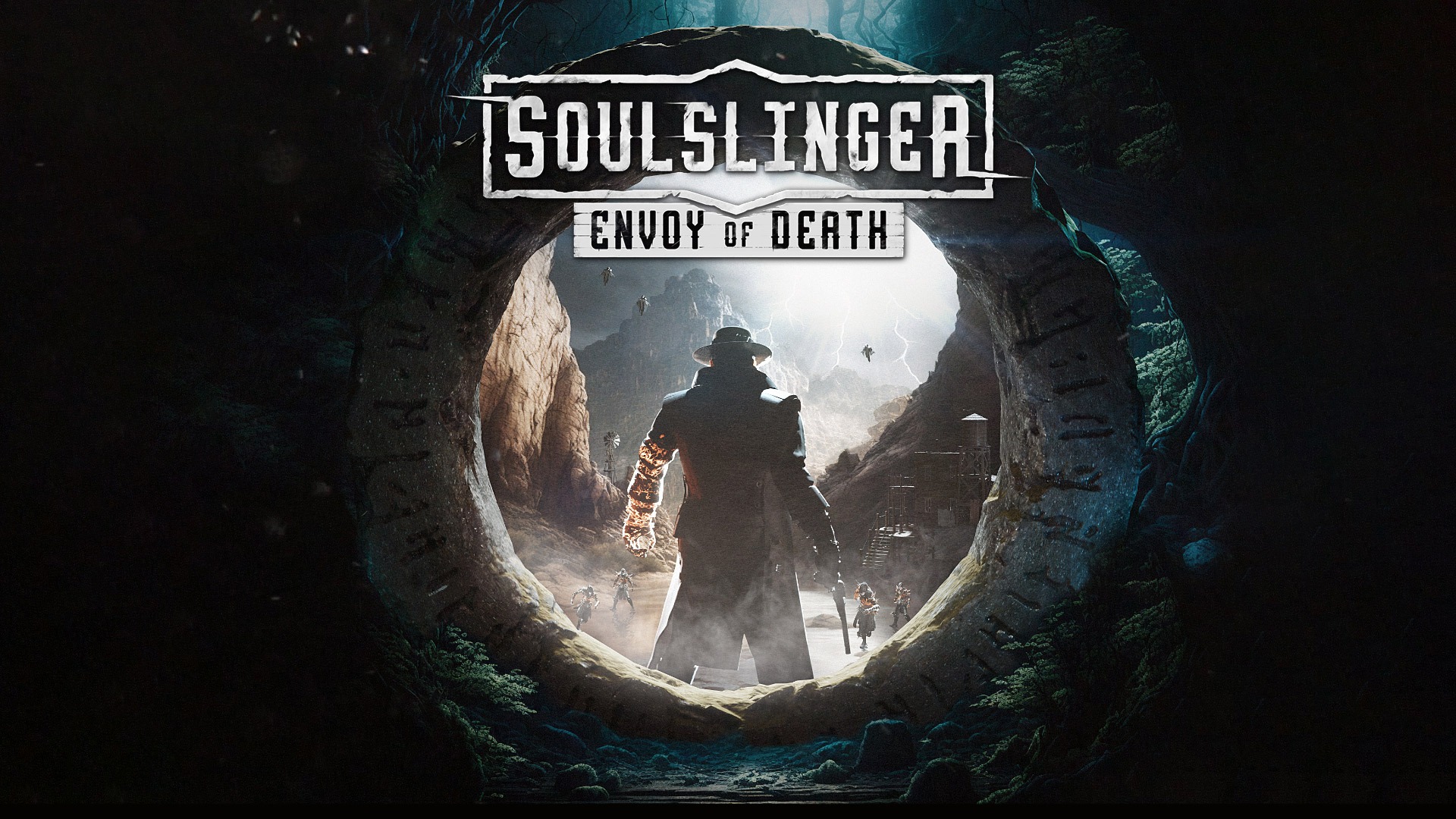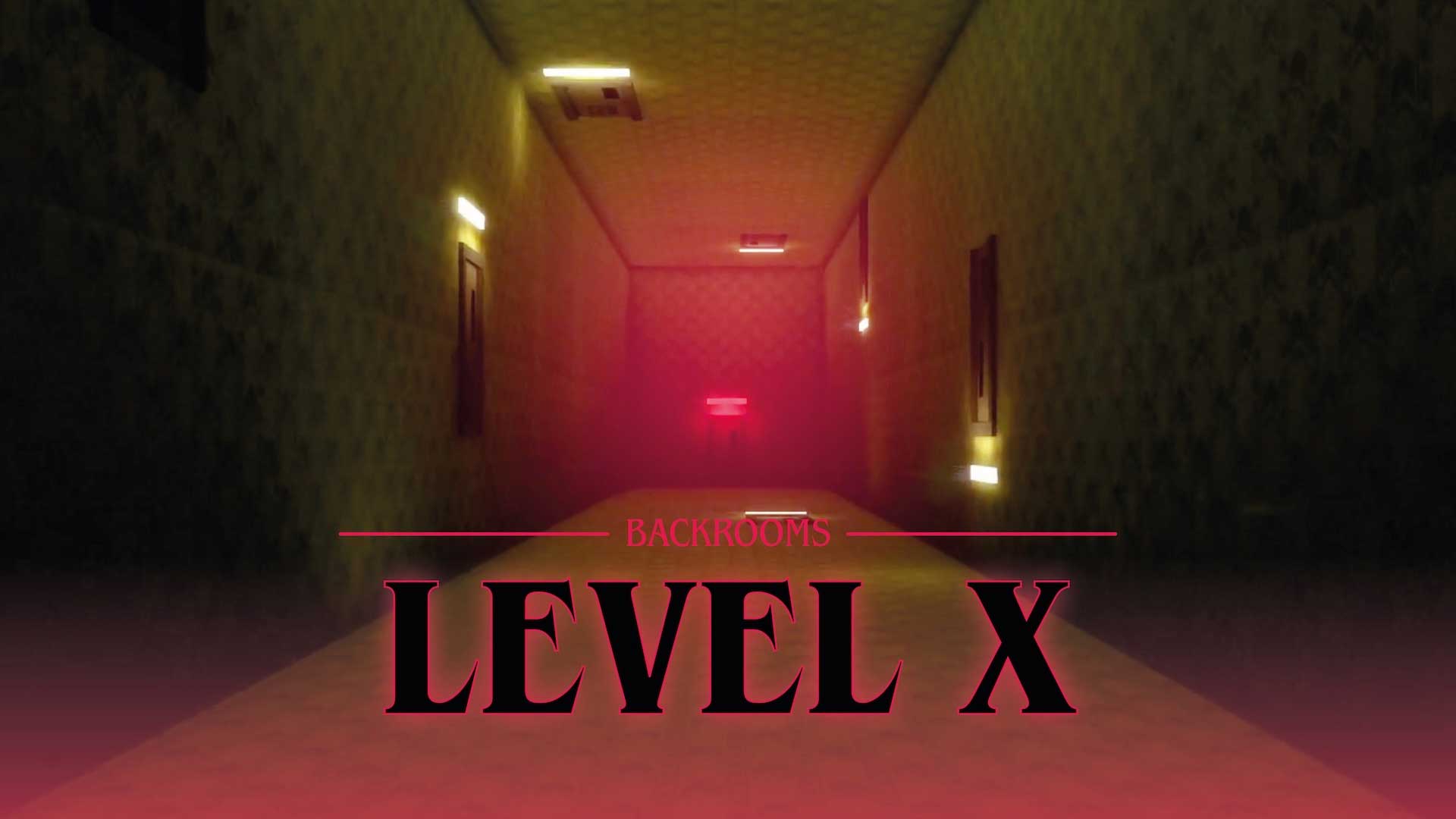It looks like non-mobile gaming subscriptions have hit a plateau, at least according to industry expert Mat Piscatella.
Mr. Piscatella is the Executive Director at Circana which hoovers an ungodly amount of data which it then uses to advise various video game companies.
Quoting a Tweet he sent out in May of 2023 in which he stated that video subscriptions had stalled – being only 2% higher than 2022 – he said: “And it’s still stalled. March 2024 non-mobile video game subscription was only up 1% vs the April 2023 figure that got me to the below last year.”
While this paints a fairly dismal picture for companies like PlayStation who use the subscription model, it’s Xbox that suffers the most. Following from their defeat at the hands of PlayStation during the Xbox One vs PS4 generation, Xbox realised it couldn’t catch up and needed to do something big to change the rules of the game. Xbox Game Pass was born, a bold move that needed to be done just to stay in the fight.
There have been various arguments over the years about whether Game Pass is profitable or even sustainable, especially as Xbox puts all of its first-party titles onto the service as soon as they launch, whereas PlayStation does not put its first-party titles on their own subscription until months or even years later.
But one thing has become more and more obvious: Microsoft and Xbox don’t want to talk about Game Pass subscriber numbers. Considering a lot of their console business is built around the service, they rarely ever discuss the raw subscriber data and instead focus on nebulous engagement numbers, hours played and other nonsense rather than answering the core question: are there more paying Game Pass customers than before?

Piscatella’s Tweet would therefore seem to confirm what has been suspected for years: they aren’t talking about it because the numbers are not going up. Keep in mind, that’s even with the launch of Starfield which Microsoft was clearly hoping would help boost Game Pass.
But we do need to keep a few key things in mind: the slow growth Piscatella mentions is for industry as a whole, encompassing everything from Game Pass to EA Play, so it is possible that those smaller subscriptions are shrinking while Game Pass and even PS Plus are growing, making the total growth seem relatively flat.
Let’s not forget that a lack of growth doesn’t mean that subscription services can’t work and be profitable, either. PlayStation seem reasonably happy with their own offerings, for example.
I think it’s different for Microsoft and Xbox though, because they have built so much of their business and identity around Game Pass that seeing no or little growth is going to be a major blow. And because they have put so much of their brand into Game Pass, they’ve put themselves into a position where it’s pretty much impossible for them to back away without destroying what’s left of the Xbox brand. Nor can they take away the first-party games without suffering a huge PR blow because so much of what makes Game Pass appealing is being able to play first-party titles for a low, low price.
It puts Microsoft and Xbox in a tricky position. They now own Call of Duty, one of the biggest recurring franchises on Earth. It prints money every single year, and yet by the rules of their own game, it should launch on Game Pass on day one. On the one hand, this could be the massive shot in the arm Game Pass needs because now players can grab one of the most popular year releases for a handful of dollars a month. On the other hand, it could drastically reduce the amount of regular sales at $70 a pop, although historically multiplatform games sell vastly more on hardware other than Xbox.
The fundamental problem Game Pass faces is the same one Netflix has: the machine has to be fed constantly. Deals must be made to bring third-party stuff to Game Pass all the time, and as development costs continue to soar, that becomes increasingly expensive to do. Xbox knows this too, because numerous indie developers have reported that Game Pass deals and other subscription service deals are drying up.
There’s probably plenty of room in the industry for subscription services, or at least room for a couple of big ones rather than the dozens of smaller ones we are seeing. But it is becoming clearer and clearer that they aren’t the defining vision of the future that Xbox wanted Game Pass.




